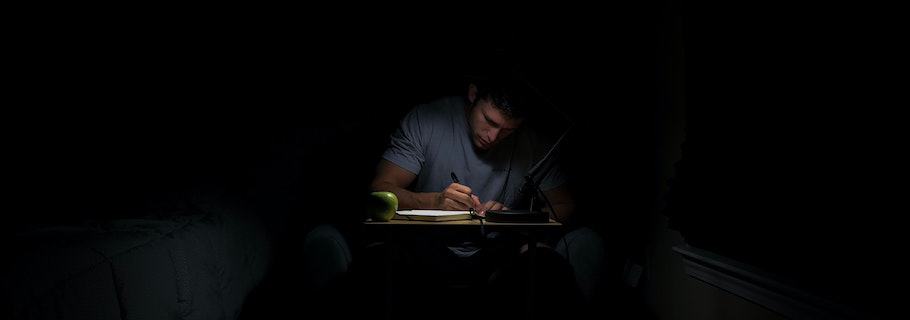Andrew T. Le Peau has had a significant influence on Christian writing not first through his own books, but through his long career as an editor. While he has authored a number of popular books and Bible studies, his greater work has been influencing a generation of writers as an associate publisher for editorial at InterVarsity Press. It is through this work that he has shaped many bestselling books and through this work that he has gained a lot of authority in nonfiction writing. He now he applies a lifetime of experience to a book on the subject that is titled simply Write Better. I have read a number of books about becoming a better writer, and like almost everyone else, rate William Zinnser’s On Writing Well as the one all others are measured against. And while I continue to recommend it as often as possible, Le Peau’s book offers several strengths that wonderfully complement and even supplement Zinnser’s.
Le Peau divides his book into three parts: The Craft of Writing, The Art of Writing, and the Spirituality of Writing. The craft of writing refers to “mastering certain skills such as finding strong openings and closings, staying focused on an audience, creating a clear structure, being persuasive, revising well, and developing good titles.” The art of writing focuses on demystifying “some aspects of art in writing by considering strategies that can nudge us along the continuum toward fresher, more vital, and perhaps more beautiful expressions of our human condition.” The spirituality of writing doesn’t focus on the actual religious content of an author’s writing as much as the effect of writing on the author’s life in God. Several appendices offer help for writers who wish to get published, and thus focus on platforms, agents, publishing strategies, and so on.
One unique strength of Le Peau’s book is that it is written specifically for Christian writers (though I acknowledge that he comes from a different Protestant faith tradition than I do, so we would not see all theological issues eye-to-eye, including some that arise within his work). This narrows his audience from someone like Zinnser who writes for any kind of writer. It allows Le Peau to think in distinctly Christians ways, to illustrate in ways that appeal to Christians, and to focus an entire section on distinctly Christian themes. So, for example, he writes about the notion of calling and how we can have confidence we are called to the task of writing. He writes about the benefits and risks of writing biographically and about writing as a kind of spiritual discipline through which we examine ourselves and come to learn about ourselves and God. He writes about spiritual authority and the importance of writers ensuring they are not totally autonomous but have some authority structures in their life. He writes about stewardship and the discipline of serving people by exercising God-given gifts and talents. He is able to offer counsel like this: “Remember, my identity is in Christ. I am not defined by what I write. I am not defined by the praise or criticism or sales of my book or the number of hits on my blog. My identity is in Christ, who loves me with an everlasting love, who made me, who put the urge to write in me, and who helped me get it out. I look at him and find myself. Now go in peace, to write and serve the Lord.”
I suspect one of the great challenges of writing any book about writing is feeling the need to not only write a book that is good and helpful, but also a book that fully applies each of the lessons in art, craft, and spirituality. And in that way I think Le Peau succeeds admirably. His book is written with great skill and is a joy to read. He is an extremely talented writer and puts that talent on full display here. If the best way to grow in your writing skill is to read good writing, you’ll benefit simply from reading this book, even if you never formally apply any of its lessons.
In conclusion, there is little to critique and much to commend in Write Better. It is every bit the book many Christians need as they consider writing, and every bit the book many Christian writers need as they attempt to grow in their skill. Le Peau brings his lifetime of experience to this book and, through it, serves the church very well. It receives my highest recommendation.










